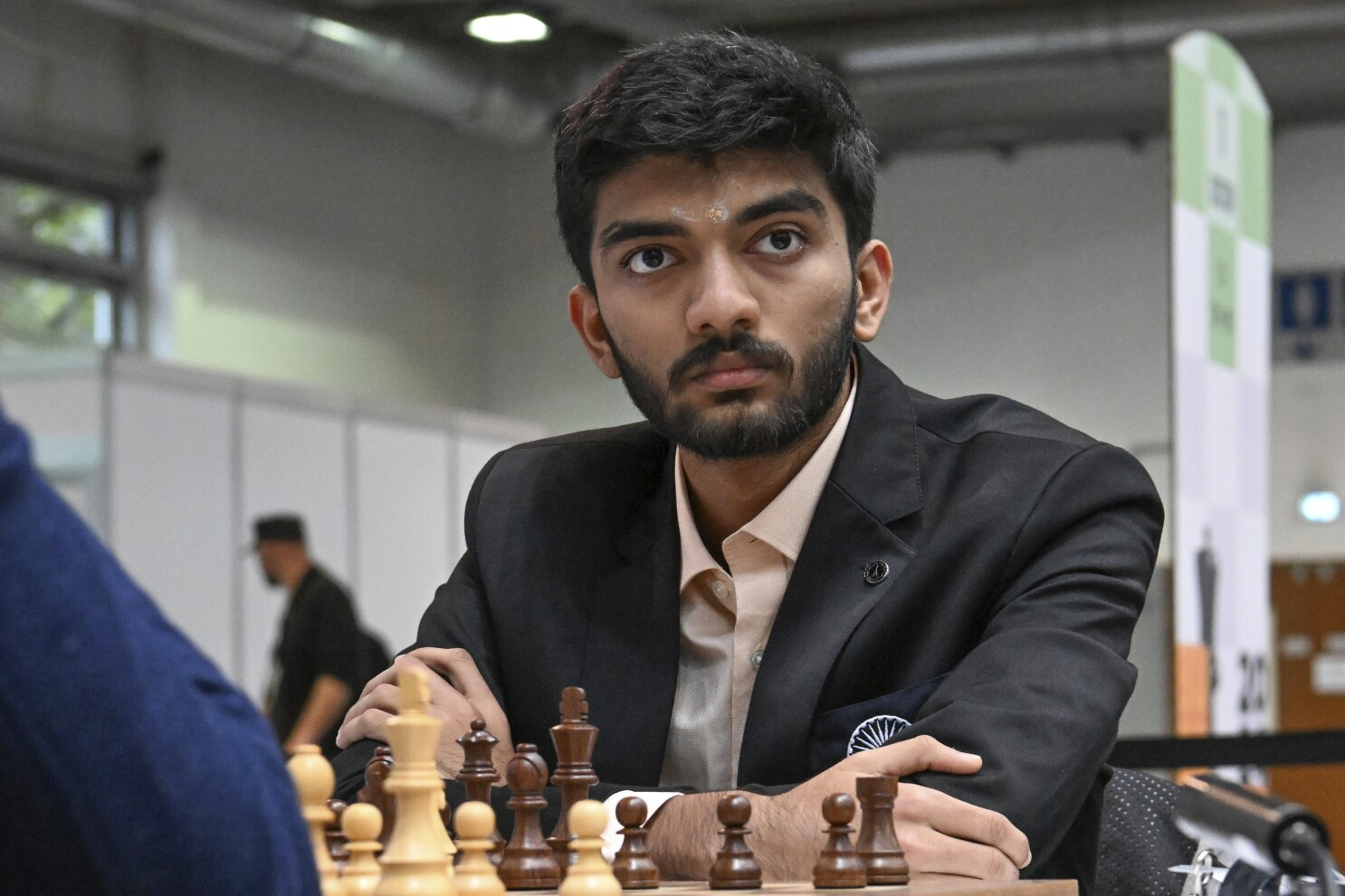The World Chess Championship has long stood as the pinnacle of intellectual sport, tracing its origins back to 1886 when Wilhelm Steinitz defeated Johannes Zukertort to become the first champion. After more than a century of giants like Emanuel Lasker, José Raúl Capablanca, and Garry Kasparov, the 2024 Championship marked a new era. Indian grandmaster Gukesh Dommaraju claimed the title by defeating China’s Ding Liren—becoming the youngest classical World Chess Champion in history at just 18 years old.
Dommaraju’s victory is significant not just for his youth, but for its broader implications in the chess world. His win signals the shift of chess prominence towards younger generations and regions beyond traditional strongholds. This championship was also acclaimed for its classical format—meta-matches over multiple long games—emphasizing deep strategy and endurance over faster, more volatile formats. For India, already well-known for its grandmasters like Viswanathan Anand, this adds a new layer to its chess legacy, showing that rising stars are ready to compete—and win—at the highest level.
From an E-E-A-T (Experience, Expertise, Authoritativeness, Trustworthiness) perspective, Dommaraju’s ascent reinforces the importance of rigorous training, credible performance history, and consistent results. His journey through the Candidates Tournament, along with his performance in classical time controls, provided verifiable proof of expertise. For chess fans, sports historians, and those studying competitive mind-sports, this result offers rich material: how emerging talent challenges established norms; how chess remains deeply rooted in long-form, high-intensity competition; and how records continue to be redefined. In sum, Gukesh’s win isn’t just a personal milestone—it reshapes expectations for what’s possible in chess championships.










